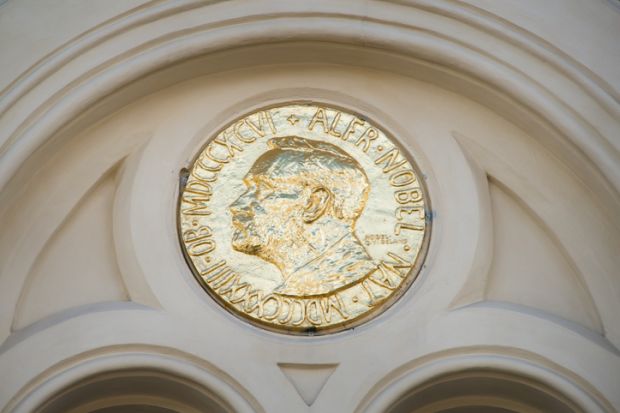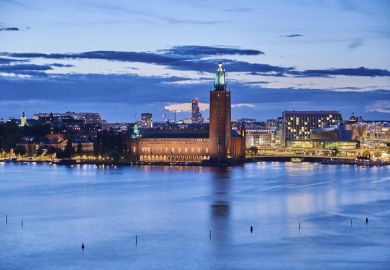Two scientists who created an “ingenious tool” for building molecules have been awarded the Nobel Prize in Chemistry.
Benjamin List, from the Max Planck Institute for Coal Research in Mulheim, Germany, and the British-born chemist David MacMillan, from Princeton University, took this year’s final science Nobel for their creation of a new technique for the construction of asymmetric molecules, known as organocatalysis.
The research has huge importance for pharmaceutical research and has enabled chemistry to become much greener by allowing laboratories to produce key asymmetric molecules in a much more efficient way.
In research laboratories, the tool has enabled chemists to artificially produce potentially curative substances that can otherwise only be isolated in small amounts from rare plants or deep-sea organisms, while the method is used by pharmaceutical companies to streamline the production of existing drugs, which have included paroxetine, which is used to treat anxiety and depression, and the antiviral medication oseltamivir, which is used to treat respiratory infections.
“This concept for catalysis is as simple as it is ingenious, and the fact is that many people have wondered why we didn’t think of it earlier,” said Johan Åqvist, chair of the Nobel Committee for Chemistry.
The scientists created the unusual type of catalysis independently of each other back in 2000, leading to what the committee called a “gold rush” in research, which is now being put to thousands of different uses in a wide range of industries.
“Using these reactions, researchers can now more efficiently construct anything from new pharmaceuticals to molecules that can capture light in solar cells,” said the Nobel committee, adding that “organocatalysts are bringing the greatest benefit to humankind”.
Professor List’s award is Germany’s and Max Planck’s second Nobel Prize this year after Klaus Hasselmann, a Hamburg-based meteorologist, shared the physics award with Syukuro Manabe and Giorgio Parisi.
It is also Princeton’s second success of 2021, with Professor Manabe also affiliated with the New Jersey university.
Professor MacMillan, who was born near Glasgow, has been based in the US since 1990 when he moved to the University of California, Irvine for his doctoral studies.
He took his undergraduate degree at the University of Glasgow and become its first graduate to win a Nobel science prize since Alexander Todd, who took the 1957 prize for chemistry.
Register to continue
Why register?
- Registration is free and only takes a moment
- Once registered, you can read 3 articles a month
- Sign up for our newsletter
Subscribe
Or subscribe for unlimited access to:
- Unlimited access to news, views, insights & reviews
- Digital editions
- Digital access to THE’s university and college rankings analysis
Already registered or a current subscriber?







